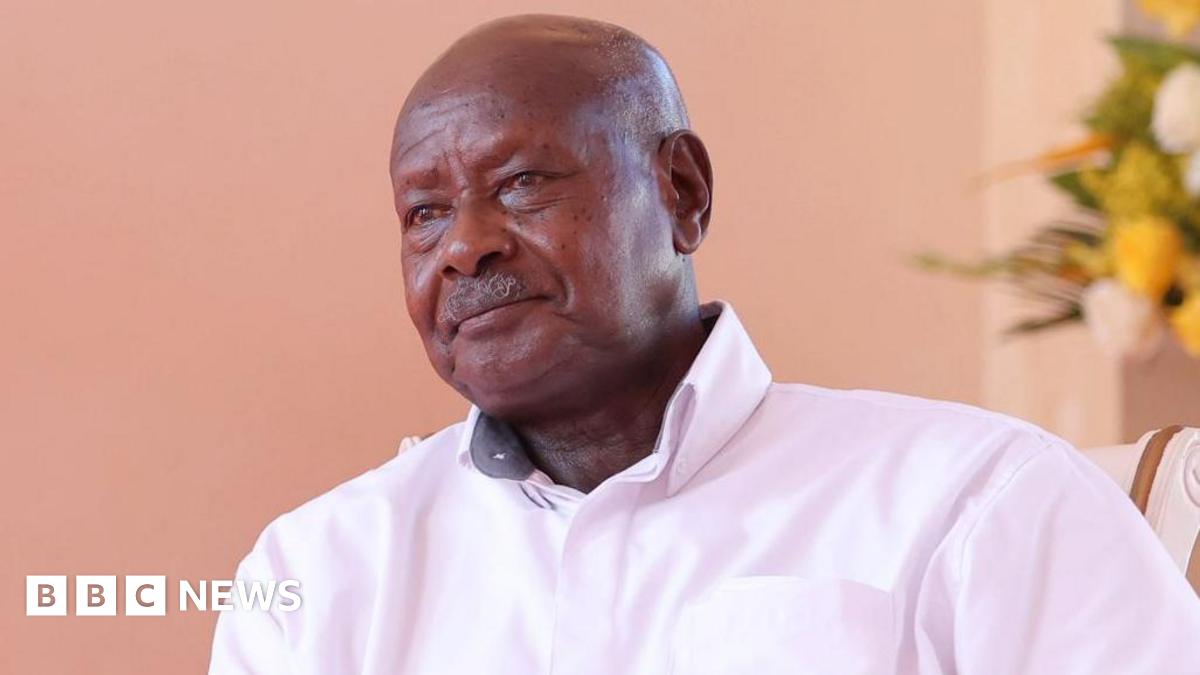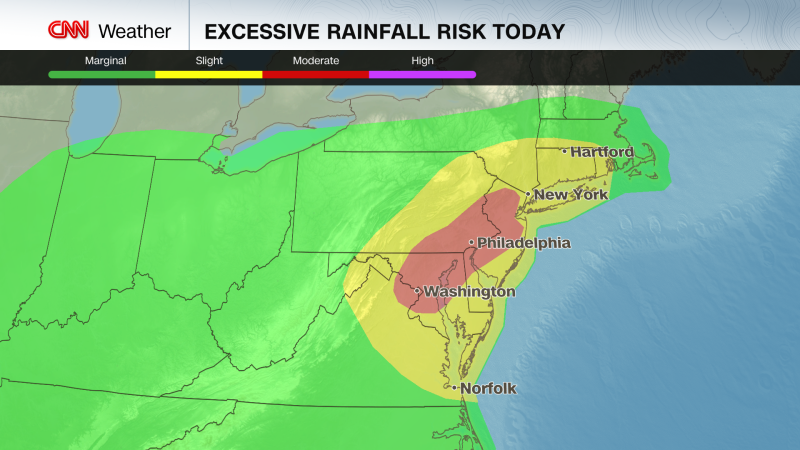Trump's Ultimatum Looms: Russia-Ukraine War Intensifies as Deadline Approaches

The Russia-Ukraine war is entering a critical phase as a self-imposed deadline set by former U.S. President Donald Trump draws near. Trump, who continues to wield significant influence within the Republican party and among some circles in Washington, has publicly stated that he believes the conflict can be resolved swiftly if both sides agree to a ceasefire and begin negotiations by a specific date. His statement has sent ripples through diplomatic circles and intensified the already tense situation on the ground.
A Controversial Approach
Trump's proposed solution, while lauded by some as a pragmatic approach to ending the bloodshed, has been met with skepticism and outright condemnation from others. Critics argue that imposing an artificial deadline ignores the complex realities of the conflict and could pressure Ukraine into accepting unfavorable terms. They point to Russia's continued military advancements and its unwillingness to negotiate in good faith as reasons why a quick resolution is unlikely.
“Setting a deadline is a dangerous game,” stated Dr. Anya Petrova, a leading expert on Russian foreign policy at the Atlantic Council. “It risks undermining Ukraine’s ability to defend itself and rewarding Russia for its aggressive actions. A sustainable peace requires addressing the underlying causes of the conflict, not forcing a premature settlement.”
Impact on the White House
The current Biden administration is reportedly deeply concerned about Trump's intervention. White House Special Envoy Steve Witkoff is actively engaged in diplomatic efforts, working to counter Trump’s narrative and maintain a unified front among Western allies. Witkoff's role has become increasingly crucial as the deadline approaches, and the potential for a destabilizing outcome grows.
Sources within the administration indicate that Witkoff is focused on three key objectives: ensuring continued military and financial support for Ukraine, maintaining international pressure on Russia through sanctions, and facilitating a genuine dialogue between the warring parties – one that prioritizes Ukraine's sovereignty and territorial integrity.
Russia's Response
The Kremlin has responded to Trump’s ultimatum with cautious optimism, while simultaneously reiterating its demands for guarantees that Ukraine will never join NATO and for the recognition of Russia’s control over annexed territories. Russian officials have stated that they are willing to consider a ceasefire if these conditions are met, but have also warned against any attempts to impose external solutions.
The situation is further complicated by internal divisions within Russia, with some hardliners advocating for a more aggressive approach and others recognizing the need for a negotiated settlement to avoid a prolonged and costly conflict.
The Days Ahead
As Trump’s deadline looms, the world watches with bated breath. The coming days will be critical in determining the future course of the Russia-Ukraine war. Whether Trump's intervention will prove to be a catalyst for peace or a source of further instability remains to be seen. One thing is certain: the stakes have never been higher.
The potential ramifications extend far beyond the borders of Ukraine and Russia, impacting global energy markets, international security, and the balance of power. The world is bracing for a potentially turbulent period as the Kremlin weighs its options and the Biden administration works to navigate this complex and dangerous situation.






